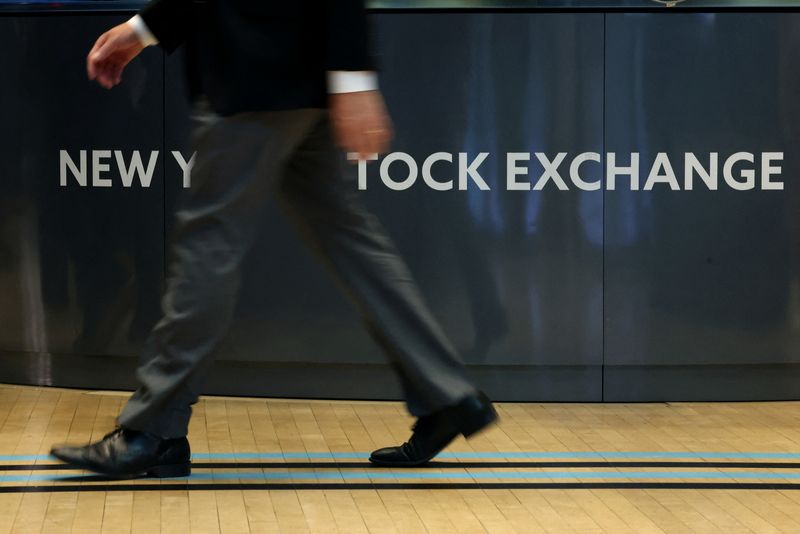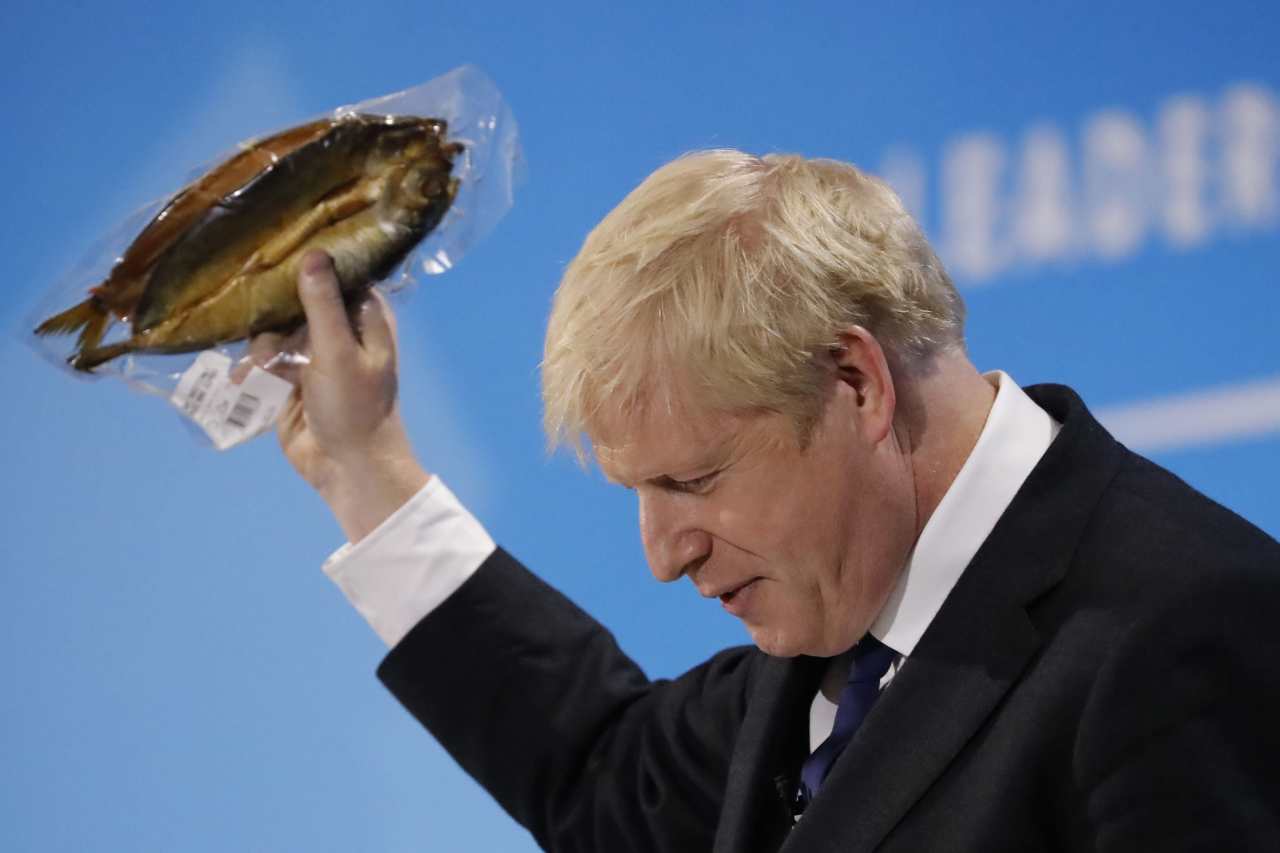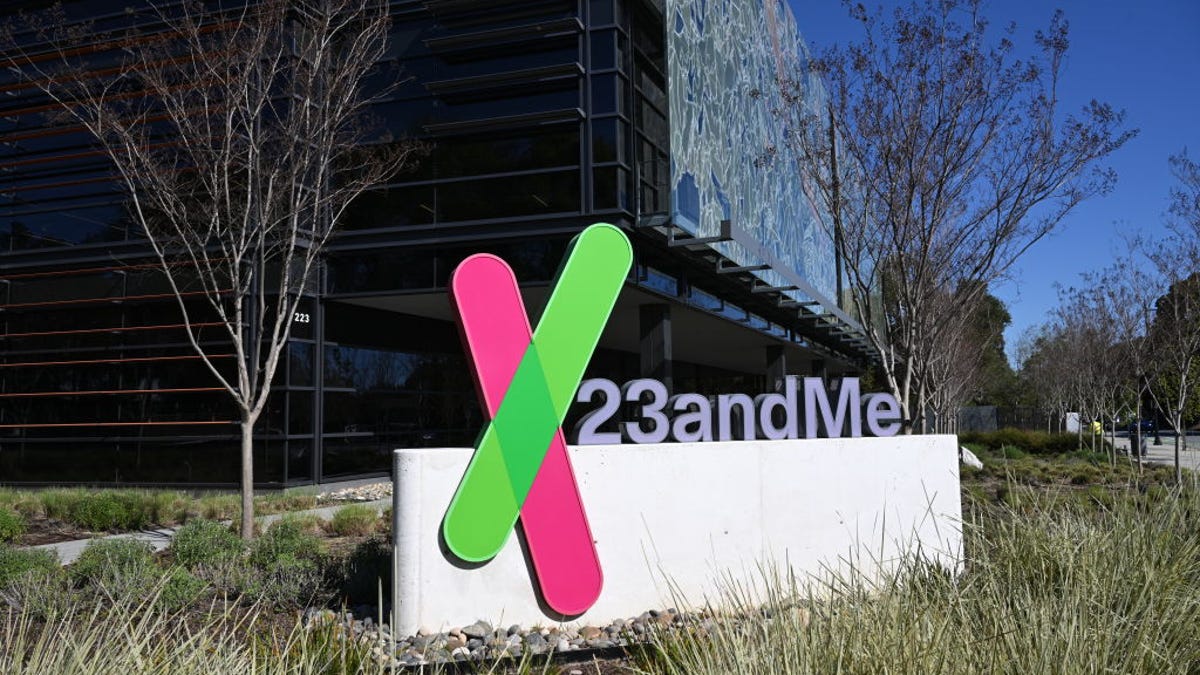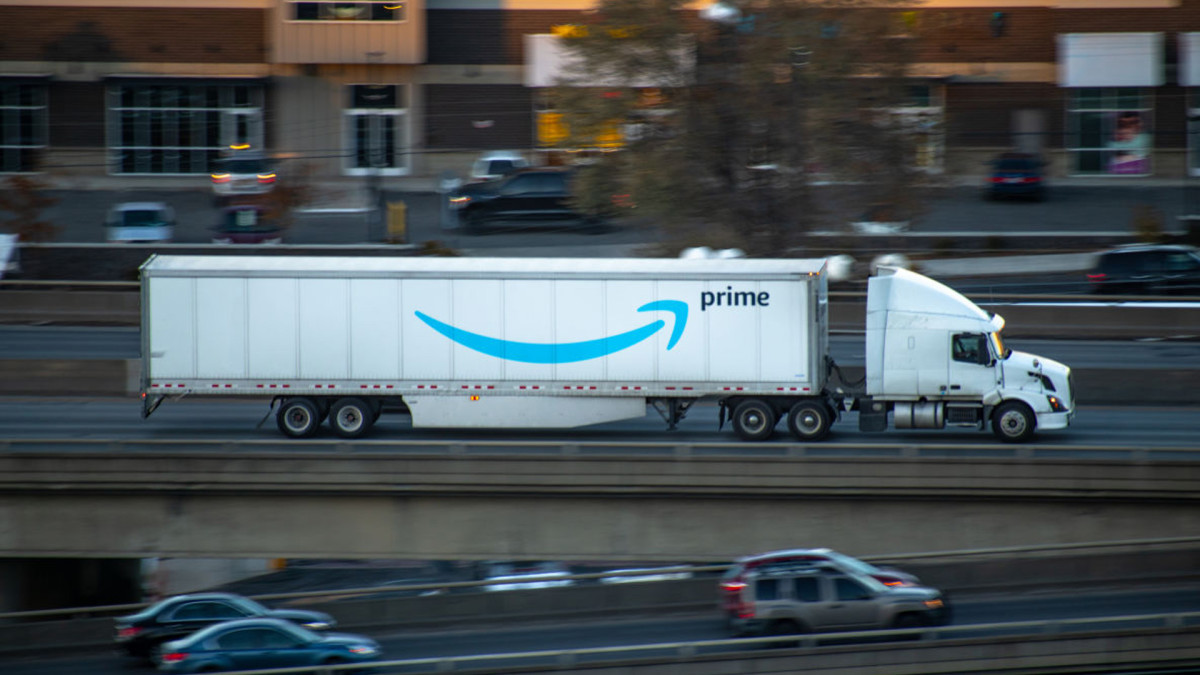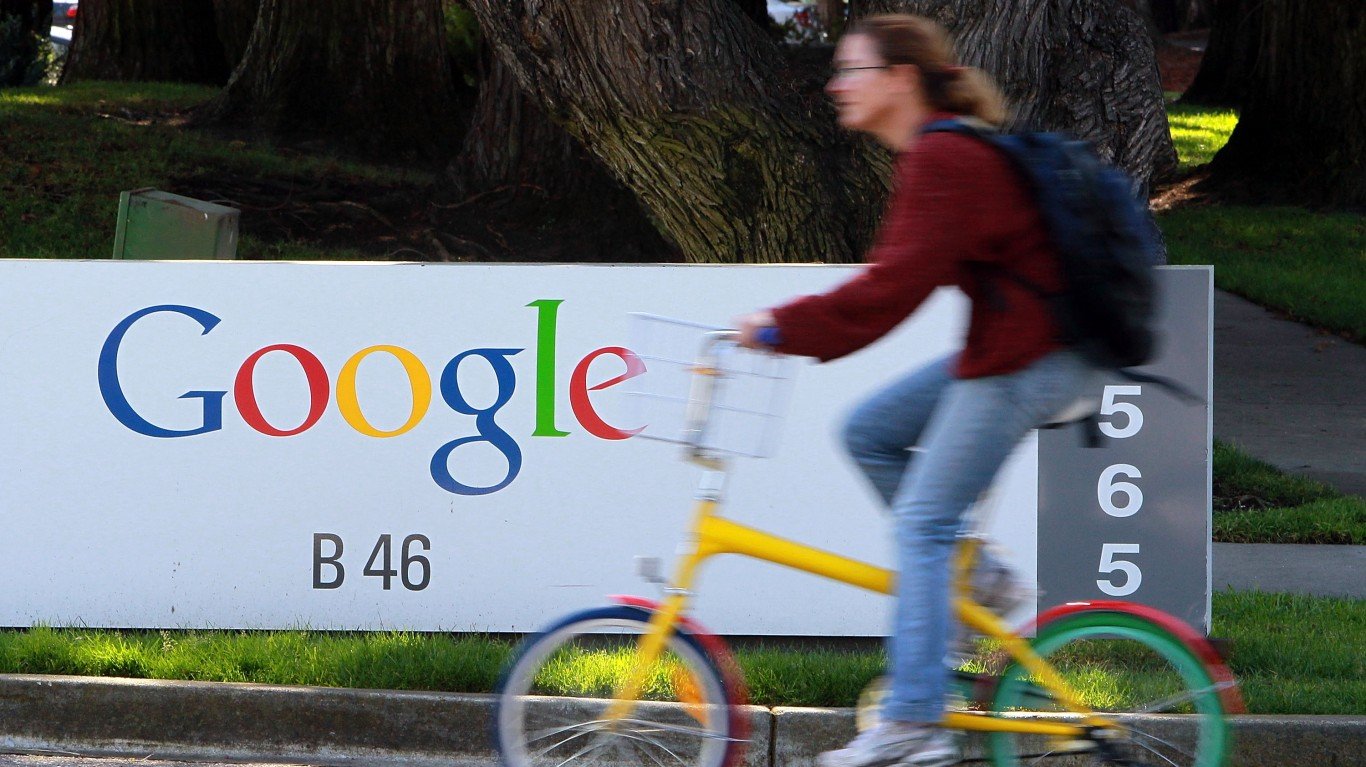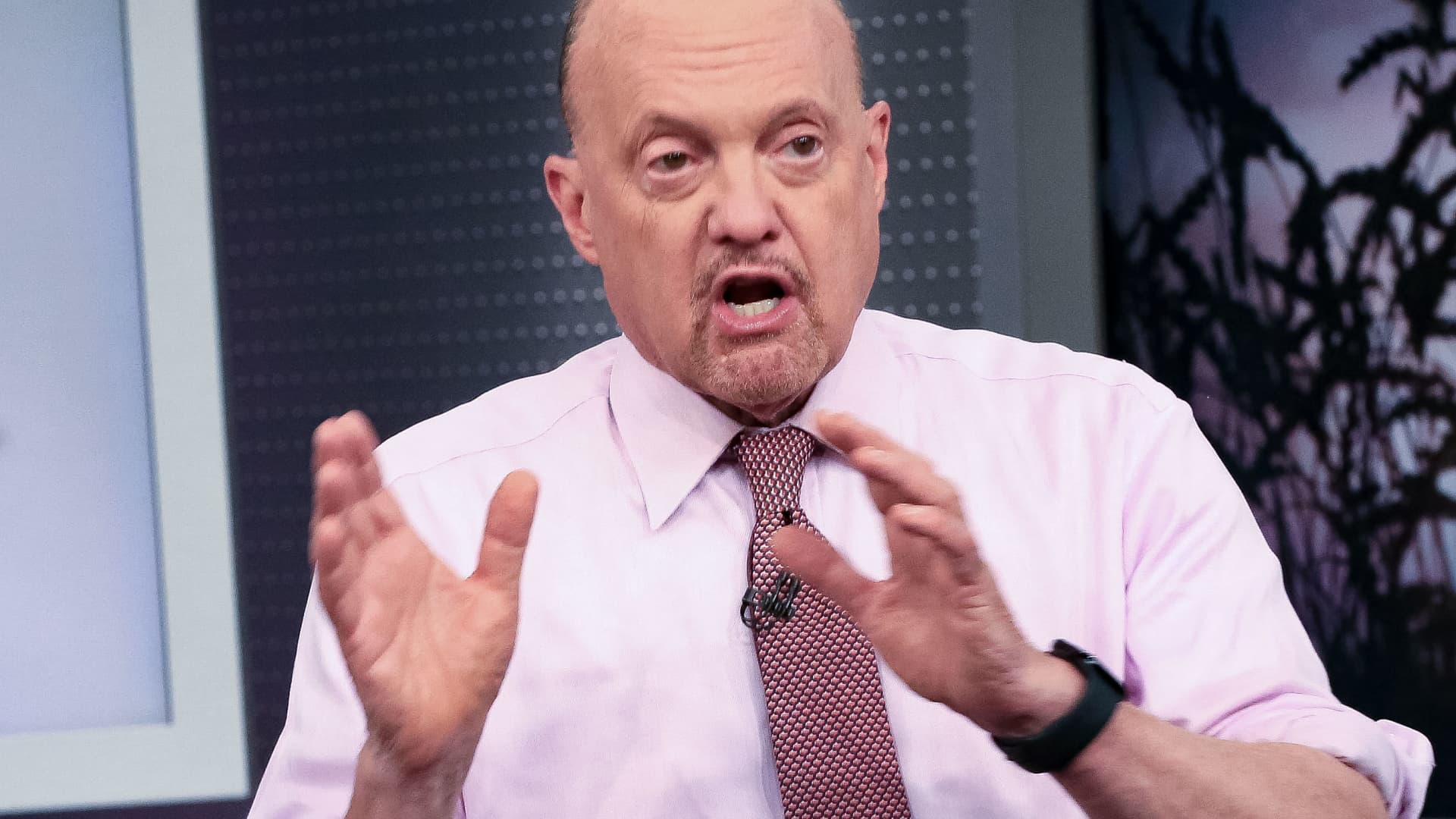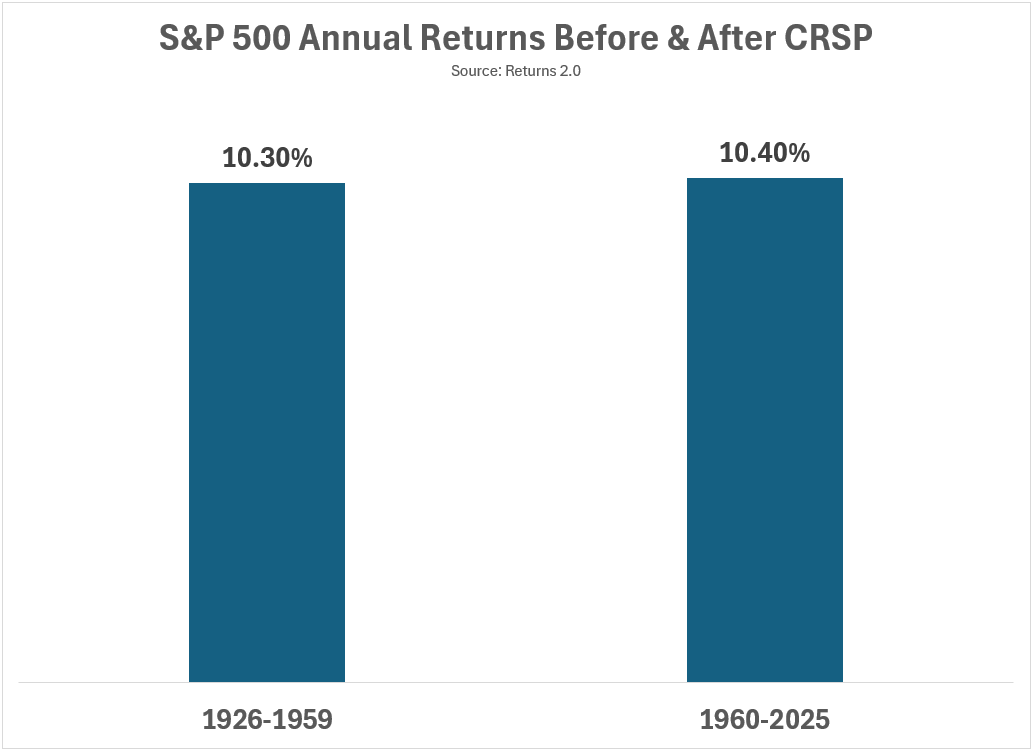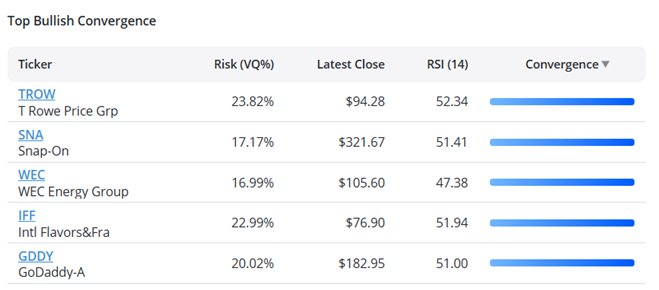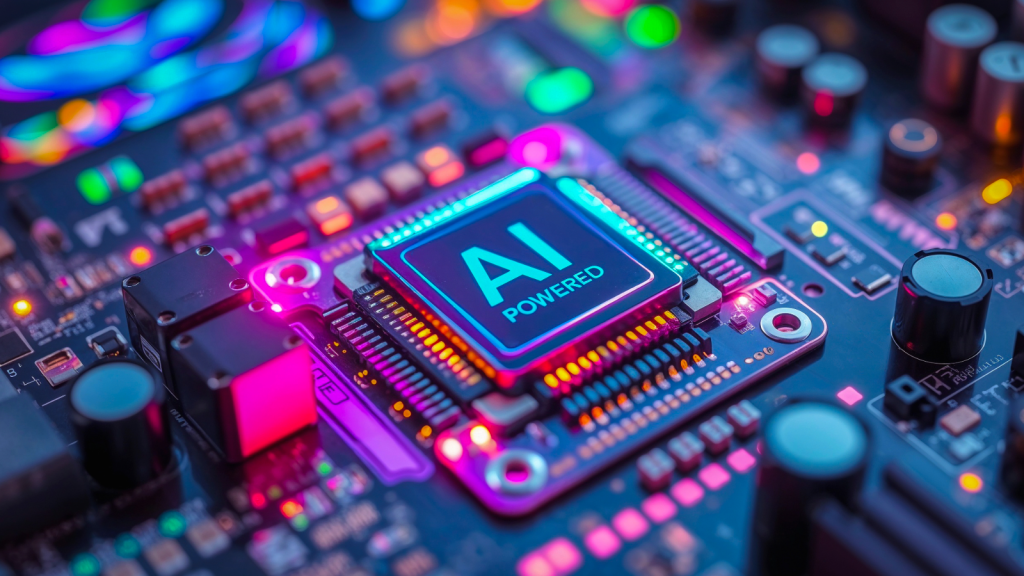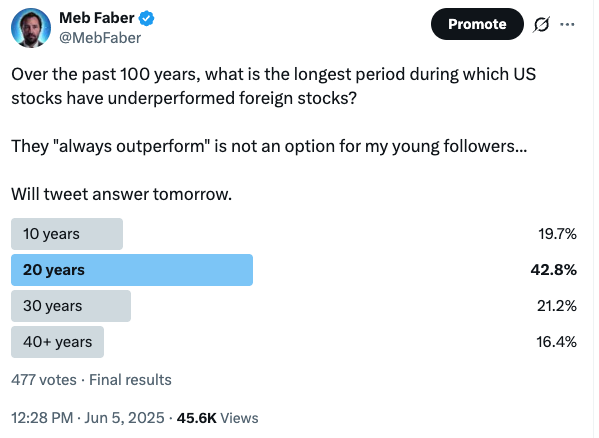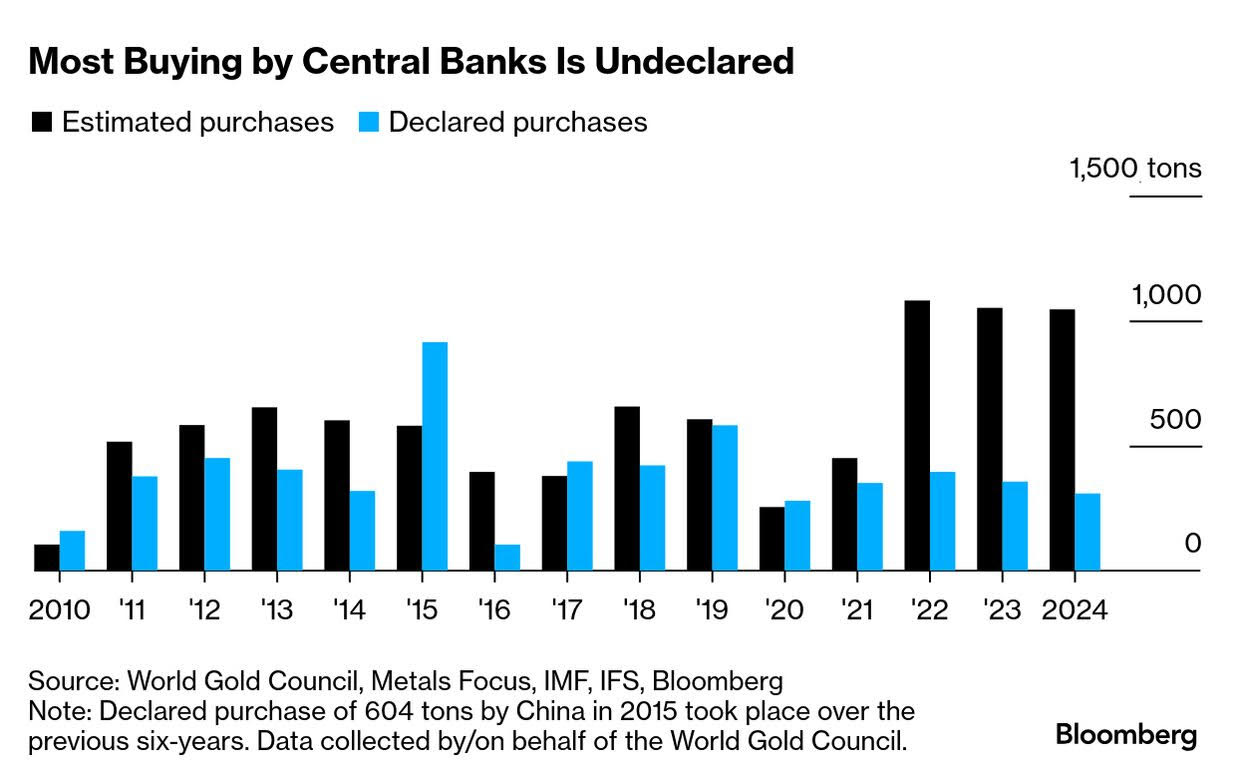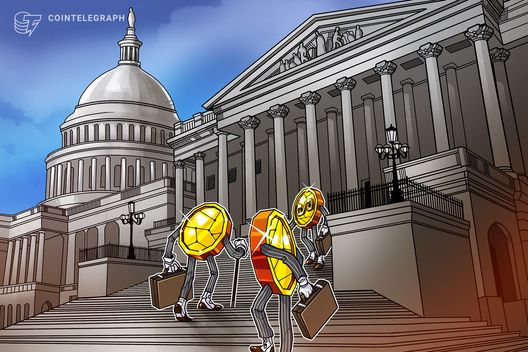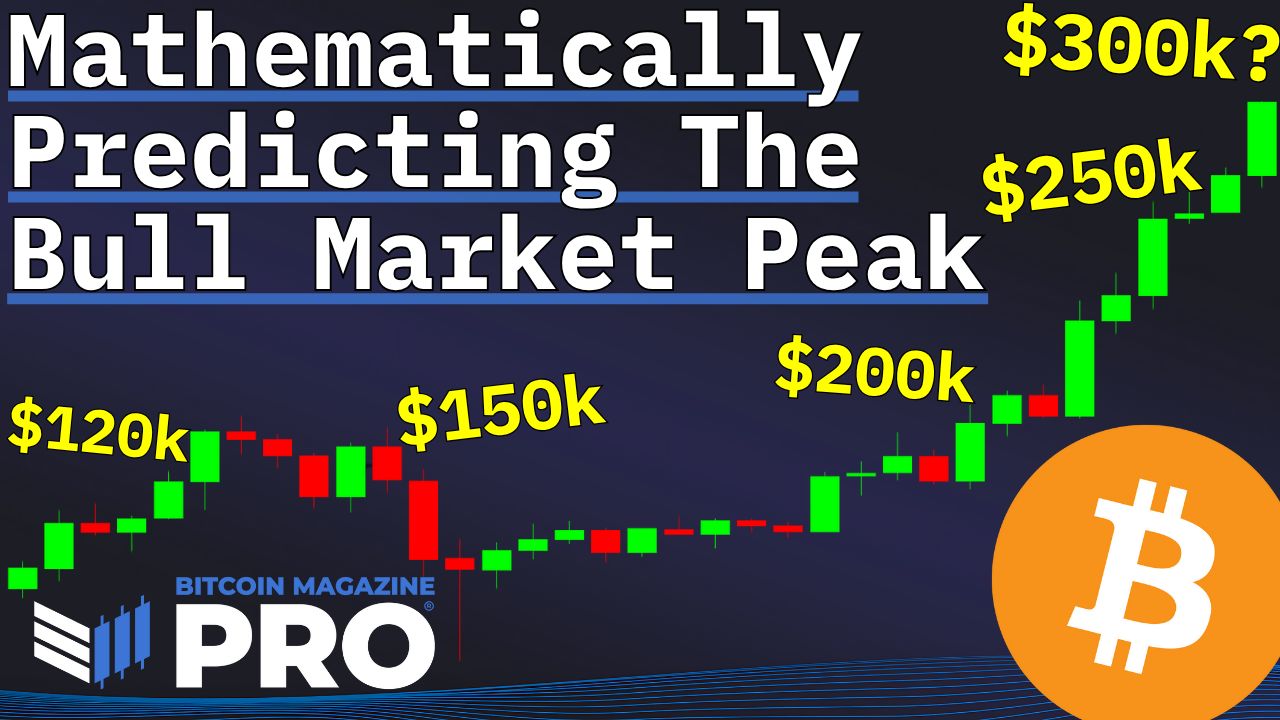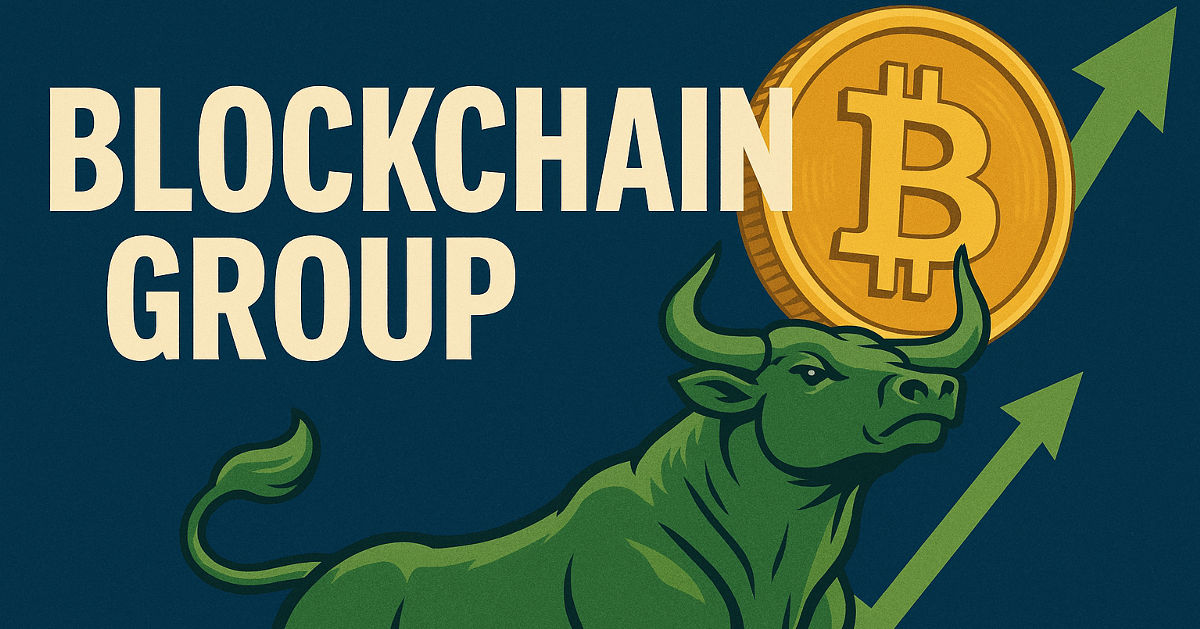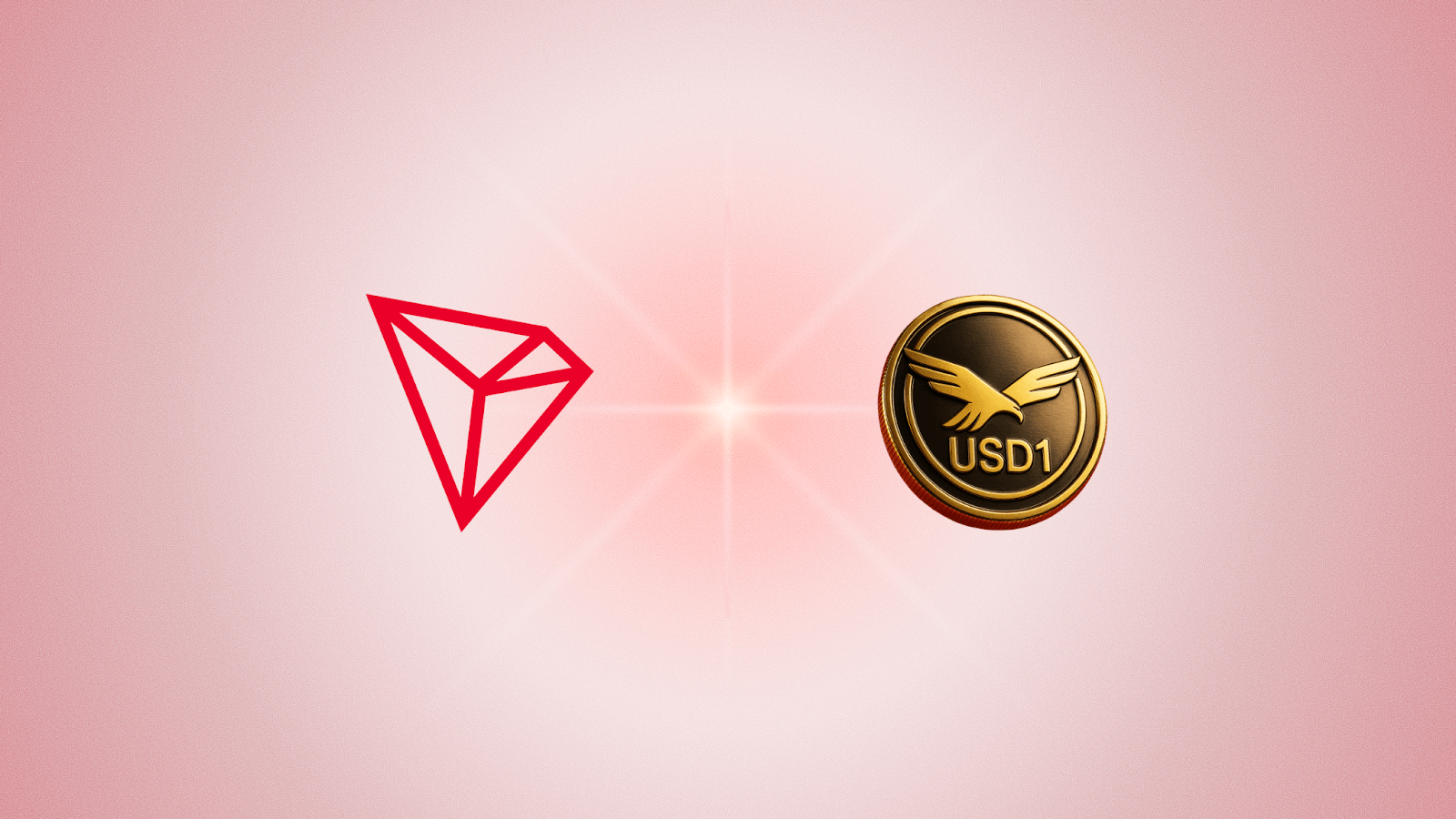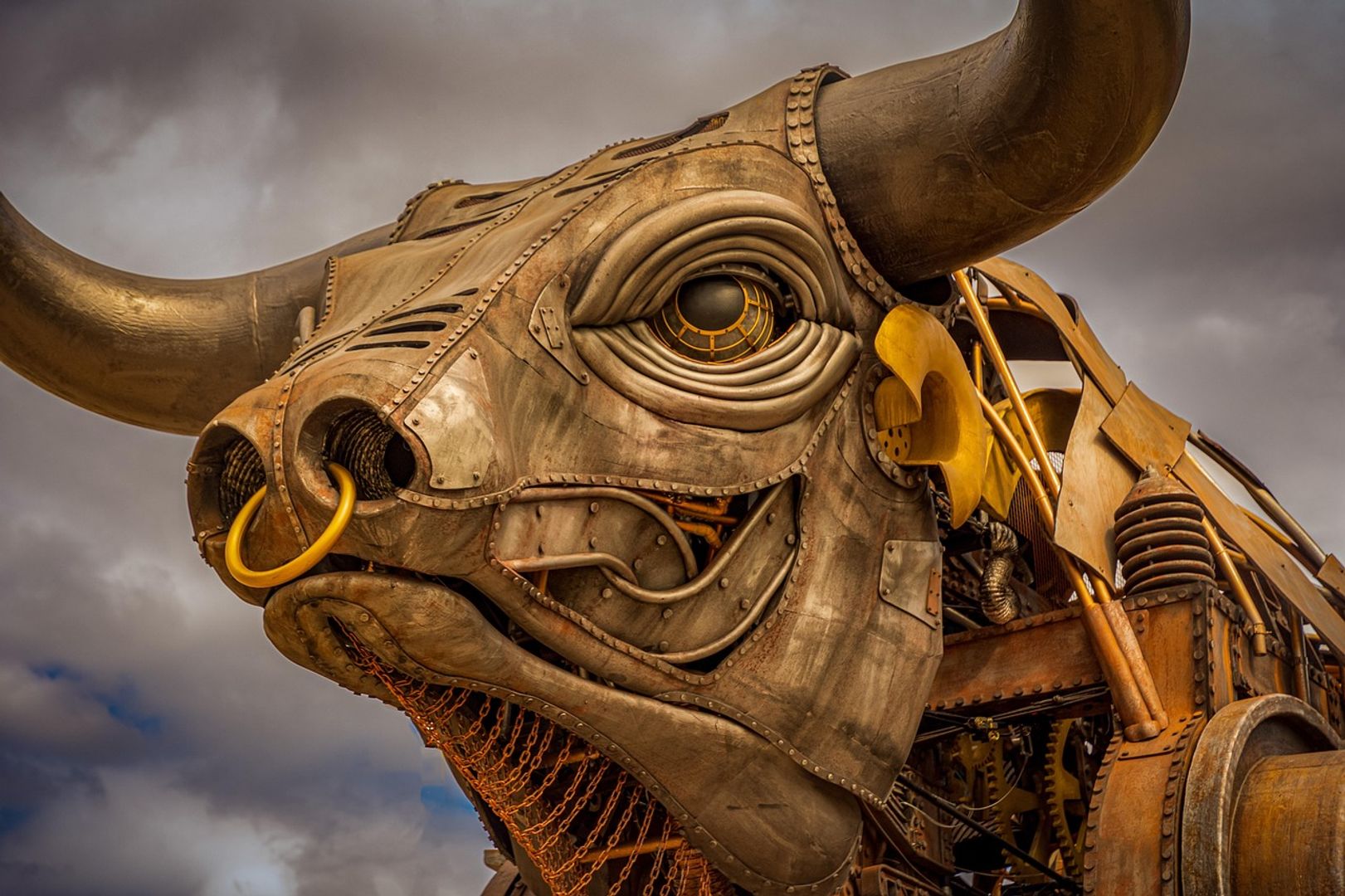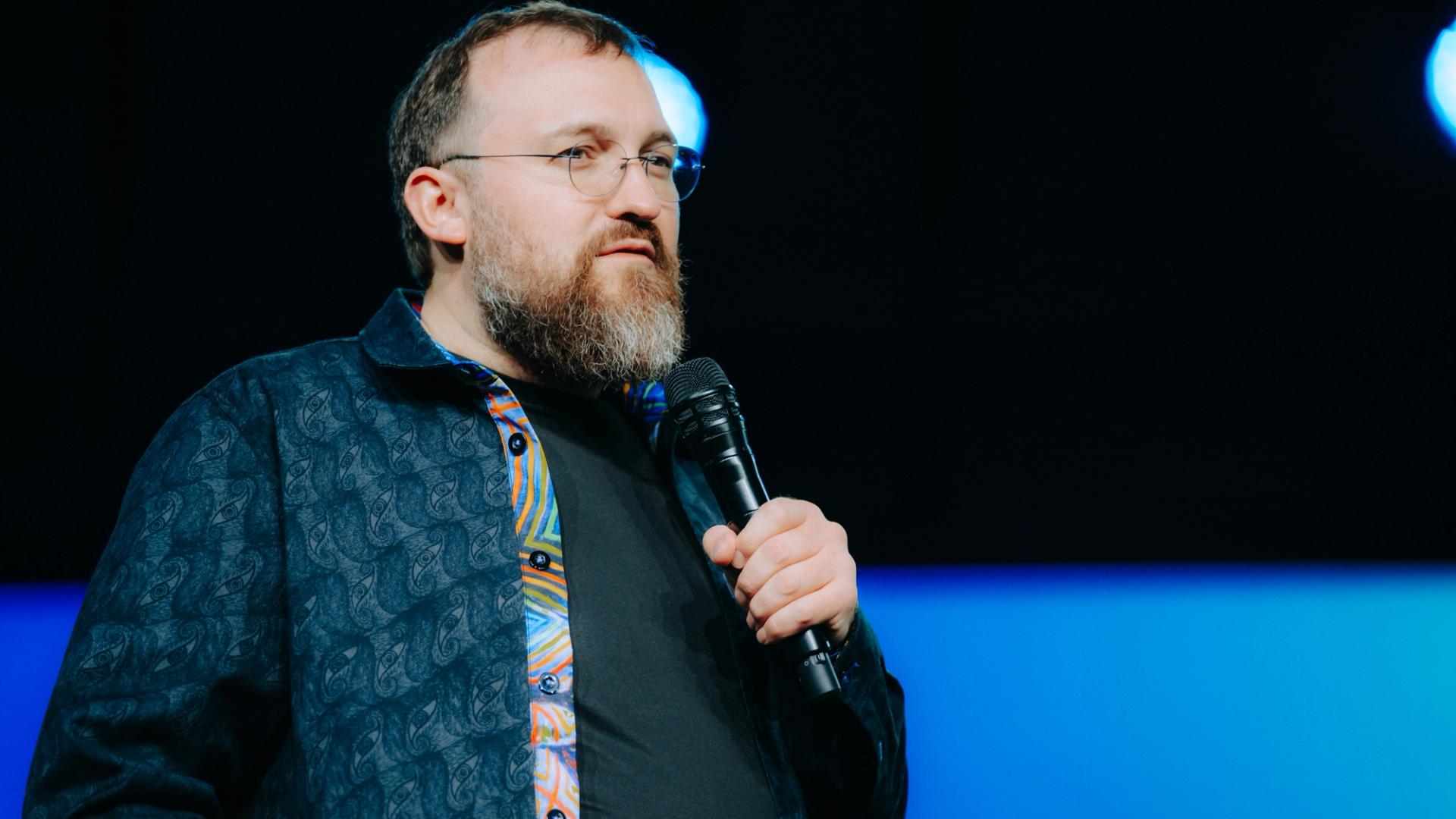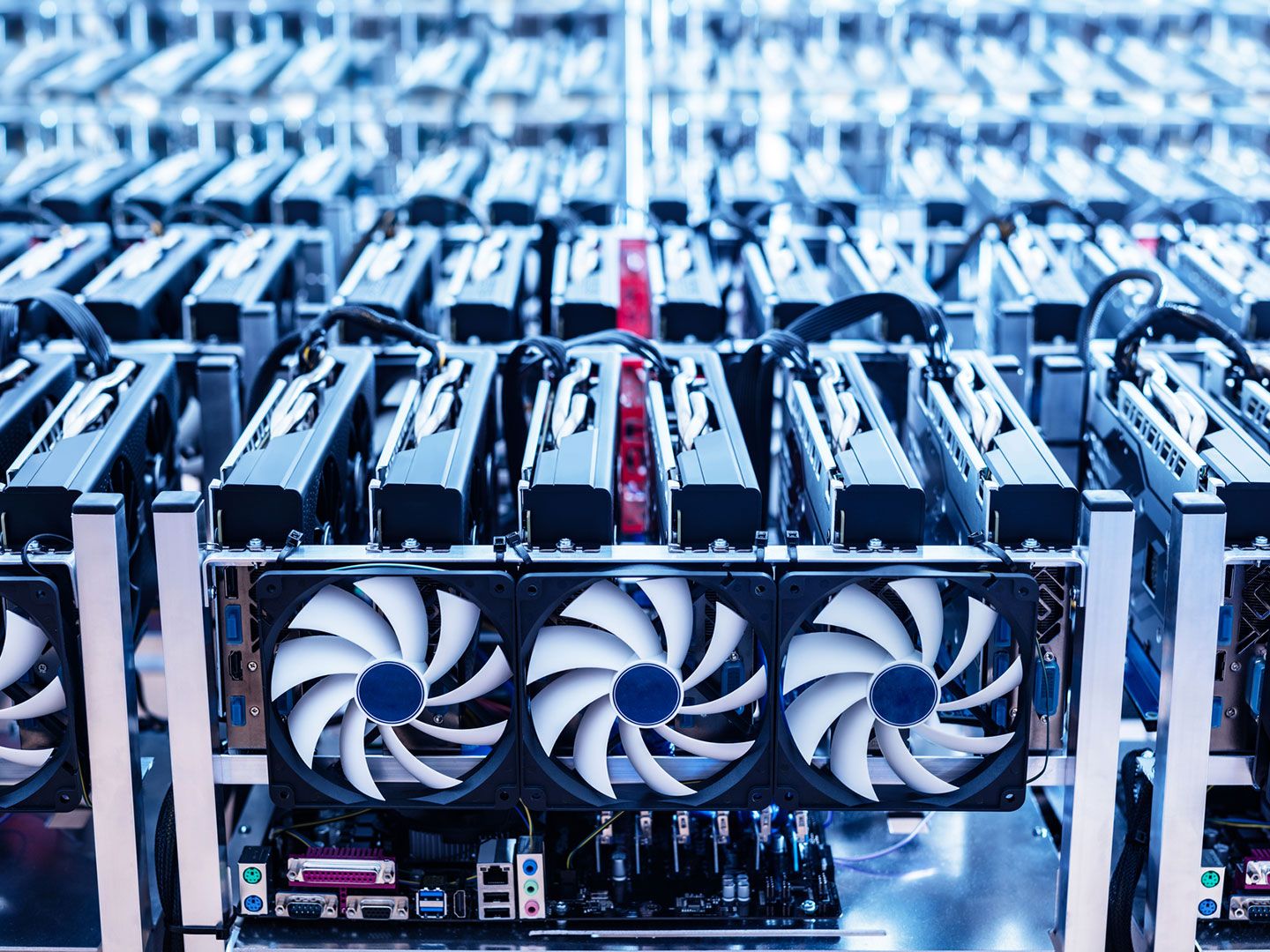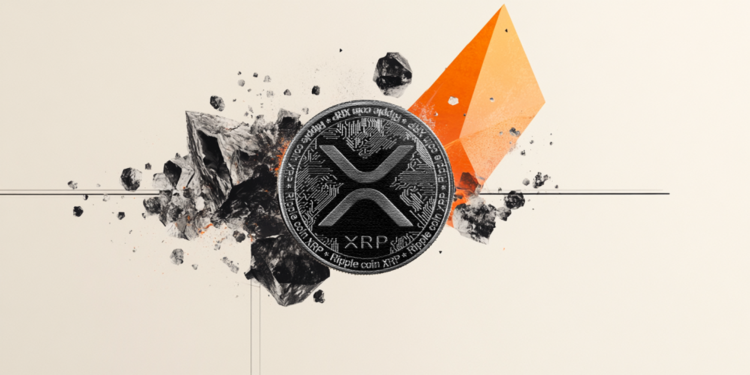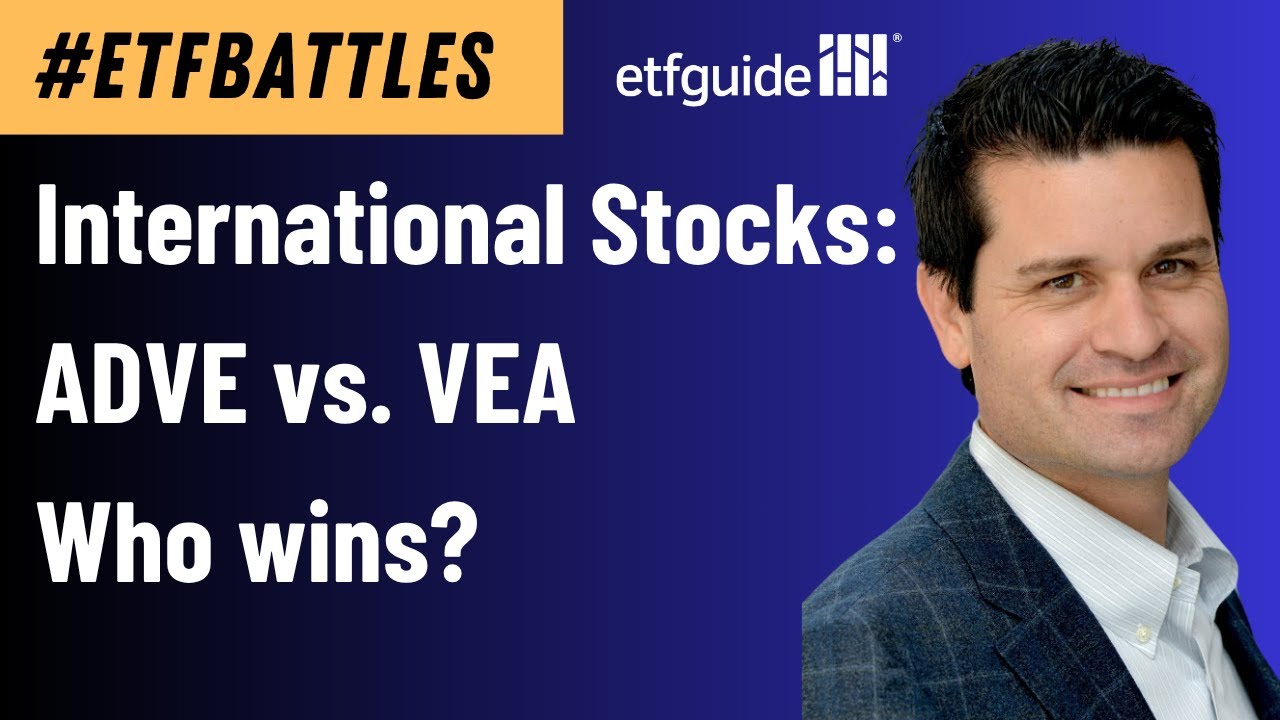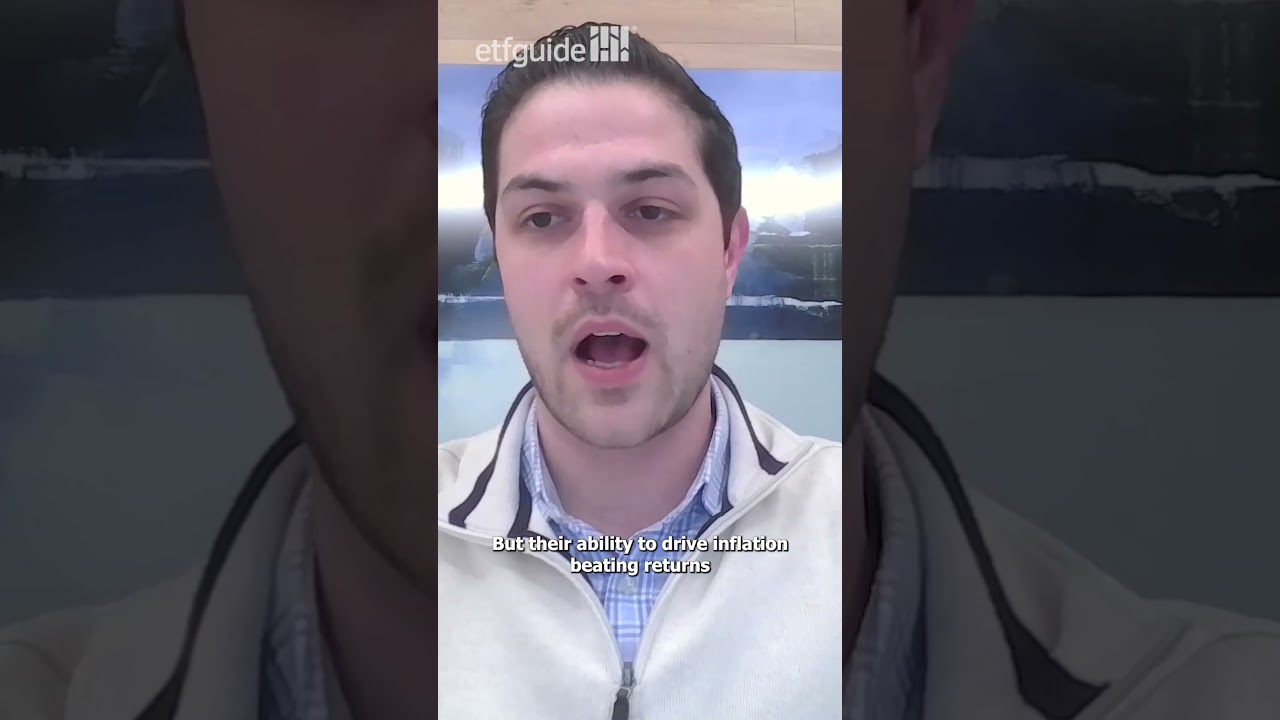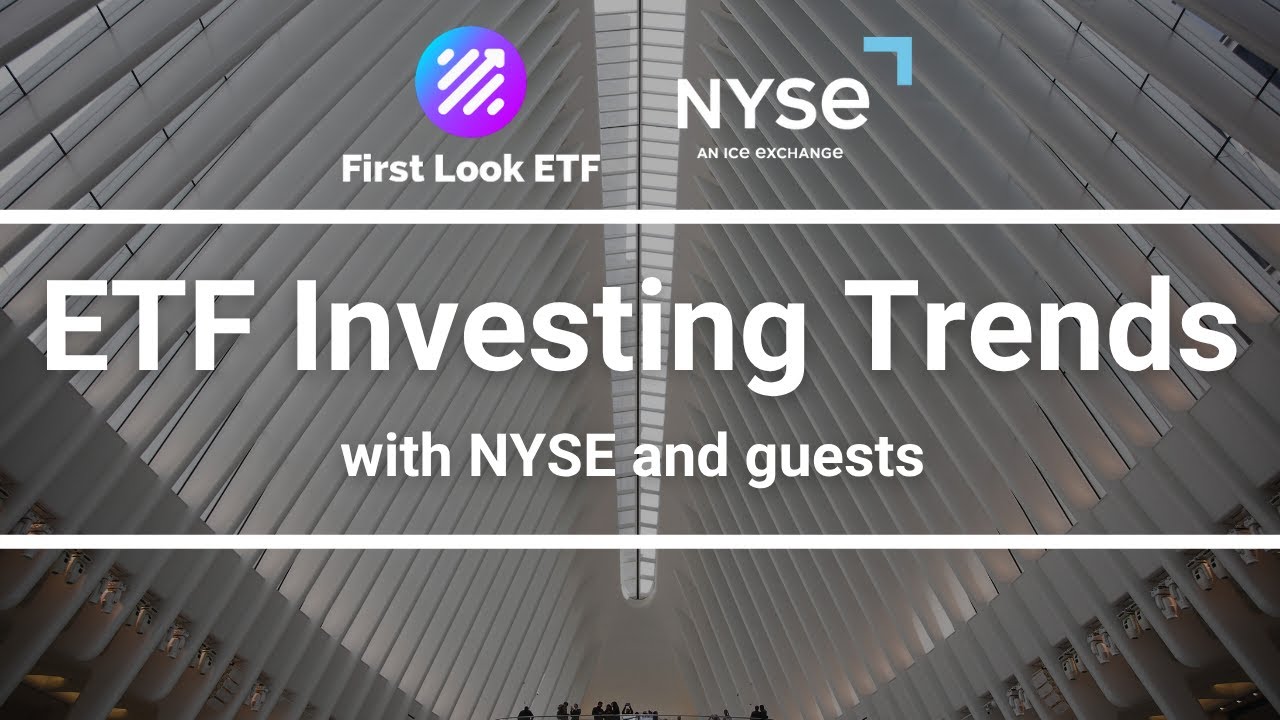Mark Zuckerberg has an AI talent problem—but money alone is unlikely to solve it
Zuckerberg is throwing pro-athlete-level salaries at top AI researchers. But for many, prestige, trust, and tribal loyalties matter more.
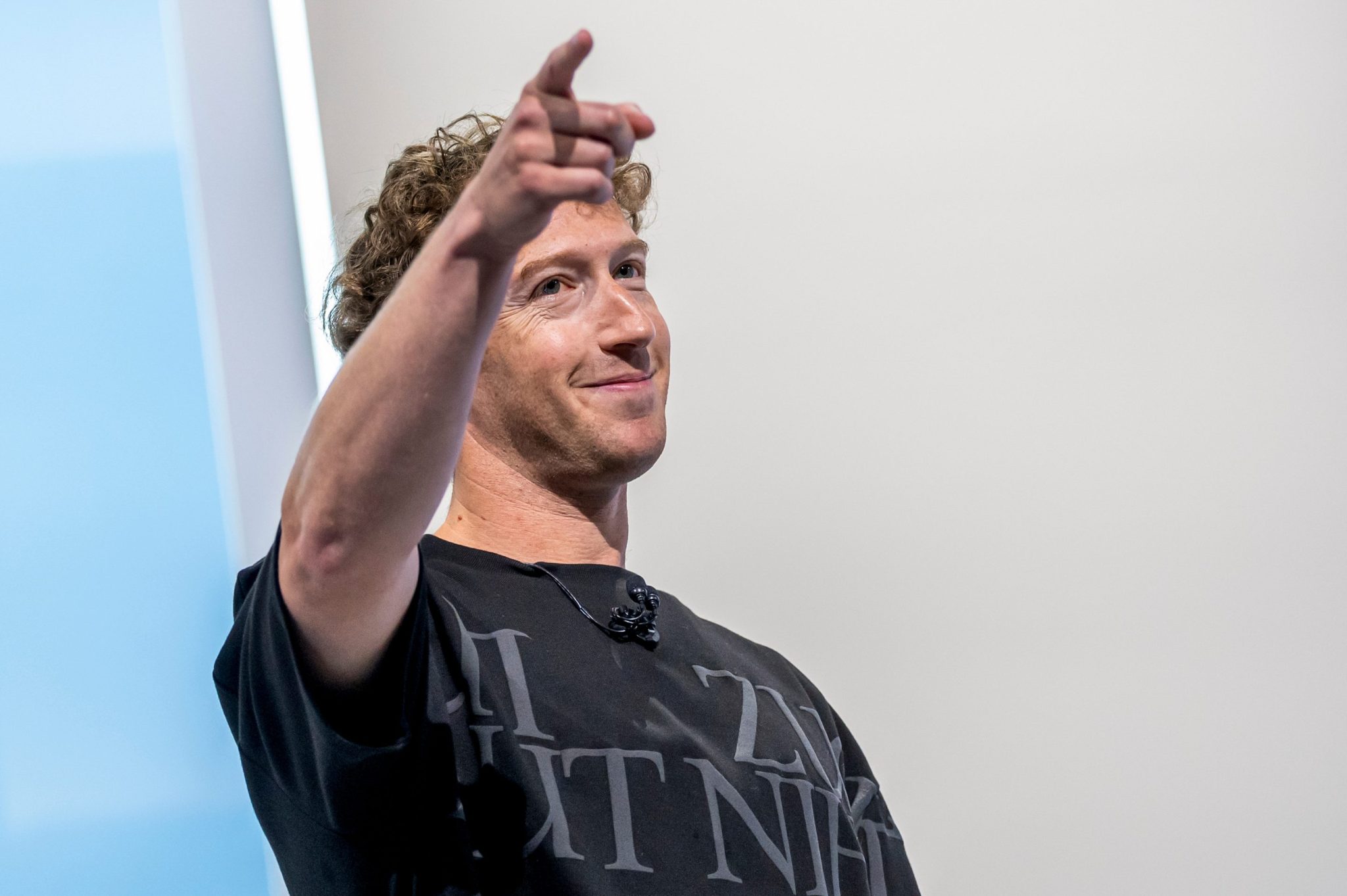
Welcome to Eye on AI! In this edition…Disney and Universal join forces in lawsuit against AI image creator Midjourney…France’s Mistral gets a business boost thanks to fears over US AI dominance…Google names DeepMind’s Kavukcuoglu to lead AI-powered product development.
Mark Zuckerberg is rumored to be personally recruiting — reportedly at his homes in Lake Tahoe and Palo Alto — for a new 50-person “Superintelligence” AI team at Meta meant to gain ground on rivals like Google and OpenAI. The plan includes hiring a new head of AI research to work alongside Scale AI CEO Alexandr Wang, who is being brought in as part of a plan to invest up to $15 billion for a 49% stake in the training data company.
On the surface, it might appear that Zuckerberg could easily win this war for AI talent by writing the biggest checks.
And the checks Zuck is writing are, by all accounts, huge. Deedy Das, a VC at Menlo Ventures, told me that he has heard from several people the Meta CEO has tried to recruit. “Zuck had phone calls with potential hires trying to convince them to join with a $2M/yr floor,” he said (a number that one AI researcher told me was “not outrageous at all” and “is likely low in certain sub-areas like LLM pre-training,” though most of the compensation would be in the form of equity). Later, on LinkedIn Das went further, claiming that for candidates working at a big AI lab, “Zuck is personally negotiating $10M+/yr in cold hard liquid money. I’ve never seen anything like it.”
Some of these pro athlete-level offers are working. According to Bloomberg, Jack Rae, a principal researcher at Google DeepMind, is expected to join Meta’s “superintelligence” team, while it said Meta has also recruited Johan Schalkwyk, a machine learning lead at AI voice startup Sesame AI.
Money isn’t everything
But money alone may not be enough to build the kind of AI model shop Meta needs. According to Das, several researchers have turned down Zuckerberg’s offer to take roles at OpenAI and Anthropic.
There are several issues at play: For one thing, there simply aren’t that many top AI researchers, and many of them are happily ensconced at OpenAI, Anthropic, or Google DeepMind with high six- or low seven-figure salaries and access to all the computing capacity they could want. In a March Fortune article, I argued that companies are tracking top AI researchers and engineers like prized assets on the battlefield. The most intense fight is over a small pool of AI research scientists — estimated to be fewer than 1,000 individuals worldwide, according to several industry insiders Fortune spoke with — with the qualifications to build today’s most advanced large language models.
“In general, all these companies very closely watch each others’ compensation, so on average it is very close,” said Erik Meijer, a former senior director of engineering at Meta who left last year. However, he added that Meta uses “additional equity” which is a “special kind of bonus to make sure compensation is not the reason to leave.”
Beyond the financial incentives, personal ties to leading figures and adherence to differing philosophies about artificial intelligence have lent a tribal element to Silicon Valley’s AI talent wars. More than 19 OpenAI employees followed Mira Murati to her startup Thinking Machines earlier this year, for example. Anthropic was founded in 2021 by former OpenAI employees who disagreed with their employer’s strategic direction.
Das, however, said it really depends on the person. “I’d say a lot more people are mercenary than they let on,” he said. “People care about working with smart people and they care about working on products that actually work but they can be bought out if the price is right.” But for many, “they have too much money already and can’t be bought.”
Meta’s layoffs and reputation may drive talent decisions
Meta’s own sweeping layoffs earlier this year could also sour the market for AI talent, some told me. “I’ve decided to raise the bar on performance management and move out low-performers faster,” said Zuckerberg in an internal memo back in January. The memo said Meta planned to increasingly focus on developing AI, smart glasses and the future of social media. Following the memo, about 3,600 employees were laid off—roughly 5% of Meta’s workforce
One AI researcher told me that he had heard about Zuckerberg’s high-stakes offers, but that people don’t trust Meta after the “weedwacker” layoffs.
Meta’s existing advanced AI research team FAIR (Fundamental AI Research) has increasingly been sidelined in the development of Meta’s Llama AI models and has lost key researchers. Joelle Pineau, who had been leading FAIR, announced her departure in April. Most of the researchers who developed Meta’s original Llama model have left, including two cofounders of French AI startup Mistral. And a trio of top AI researchers left a year ago to found AI agent startup Yutori.
Finally, there are hard-to-quantify issues, like prestige. Meijer expressed doubt that Meta could produce AI products that experts in the field would perceive as embodying breakthrough capabilities. “The bitter truth is that Meta does not have any leaders that are good at bridging research and product,” he said. “For a long time Reality Labs and FAIR could do their esoteric things without being challenged. But now things are very different and companies like Anthropic, OpenAI, Google, Mistral, DeepSeek excel at pushing out research into production at record pace, and Meta is left standing on the sidelines.“
In addition, he said, huge salaries and additional equity “will not stick if the company feels unstable or if it is perceived by peers as a black mark on your resume. Prestige compounds, that is why top people self-select into labs like DeepMind, OpenAI, or Anthropic. Aura is not for sale.”
That’s not to say that Zuck’s largesse won’t land him some top AI talent. The question is whether it will be enough to deliver the AI product wins Meta needs.
With that, here’s the rest of the AI news.
Sharon Goldman
sharon.goldman@fortune.com
@sharongoldman
This story was originally featured on Fortune.com





